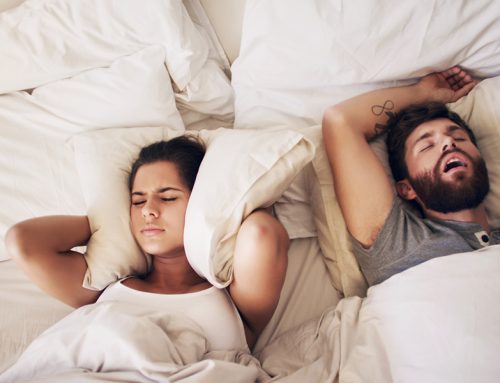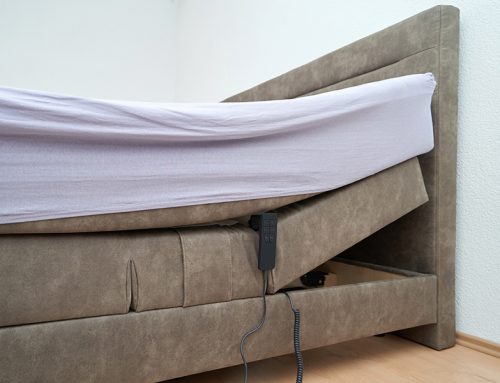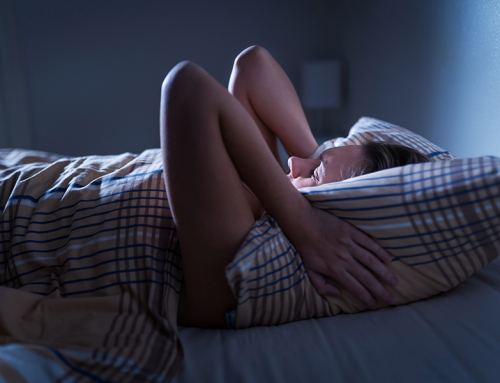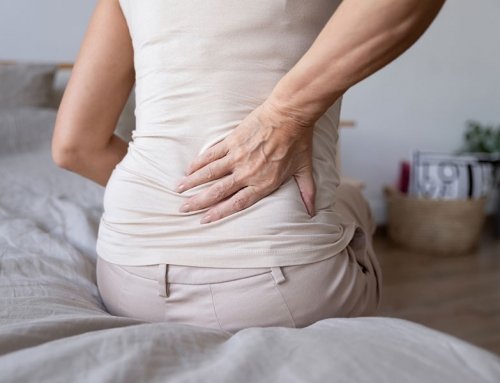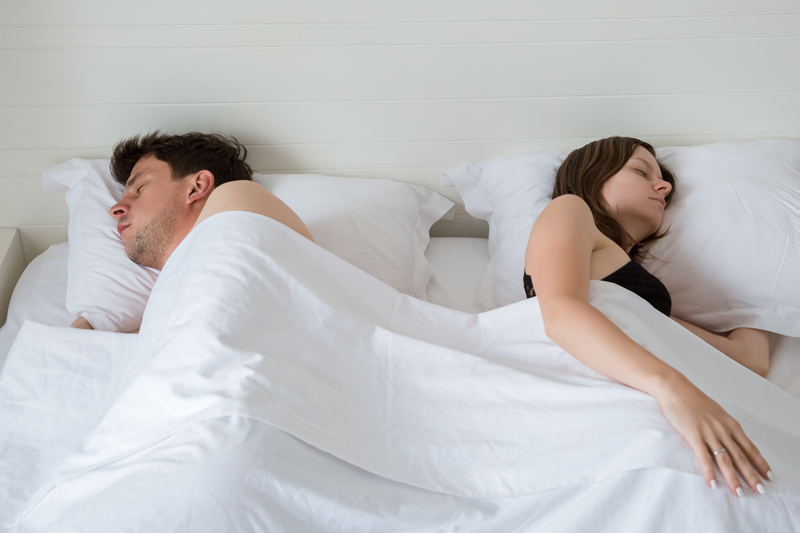 It’s not just as simple as being a night owl or early bird. Apparently, sleep disparities are becoming increasingly apparent in our biological sex differences. That is – men and women have slightly different sleep patterns and tendencies.
It’s not just as simple as being a night owl or early bird. Apparently, sleep disparities are becoming increasingly apparent in our biological sex differences. That is – men and women have slightly different sleep patterns and tendencies.
Research about sleep health and the differences between men and women is a newer area of study. Even so, it’s interesting and perhaps important to be more aware of this in an effort to get to know our sleep cycles better.
All humans have a circadian rhythm
Right off the bat, it’s helpful to understand exactly what our circadian rhythm entails. Essentially, every human being has one; but it just looks different depending on a variety of factors. And as we’ll get into below, being male or female is one of those factors.
Circadian rhythms are 24-hour cycles controlled by a part of the brain called the hypothalamus. Also known as our internal clock, it helps regulate our body’s natural process such as digestion, energy and our sleep-wake cycle. But most often, circadian rhythms are talked about in the context of sleep.
This biological clock in humans is also heavily influenced by light and other environmental cues (hence why we feel more tired at night and awake when the sun comes up). Most importantly, a healthy and normal functioning circadian rhythm determines the level of health, productivity and energy that we have on a daily basis. If something is off or unstable (ex. Sleep disorders) then we can’t function properly.
How does sex and gender affect sleep?
Concluding thoughts
It should also be noted that the roles and responsibilities of women adds sleep disturbances and women are less likely to seek treatment for sleep disorders. Women are encouraged to talk to their physicians if they have difficulty sleeping, especially during pregnancy, puberty or menopause.
This area of sleep is still under researched and under explored, so there’s a lot more questions than answers at the moment. But the differences in sleep dependent on biological sex could be a helpful lens at which to look more closely at sleep disorders and improved targeted treatment.

